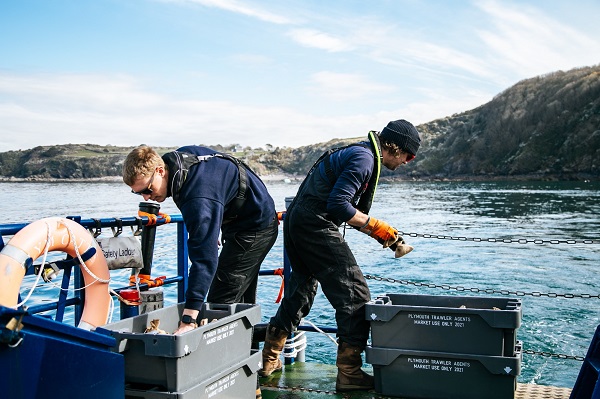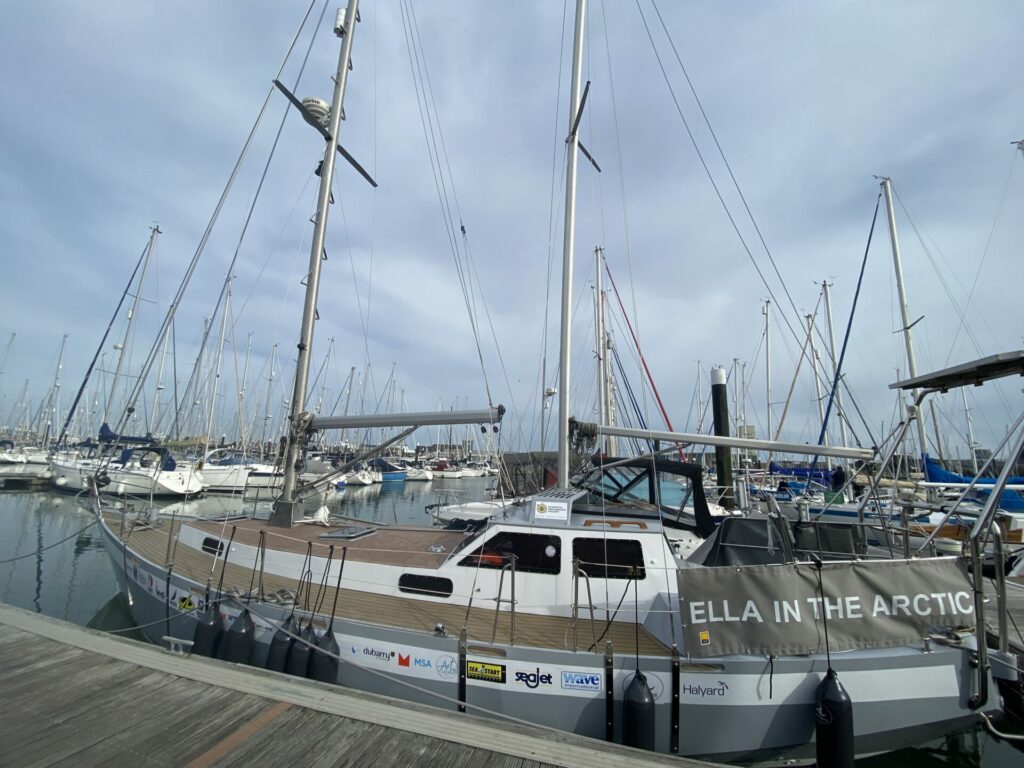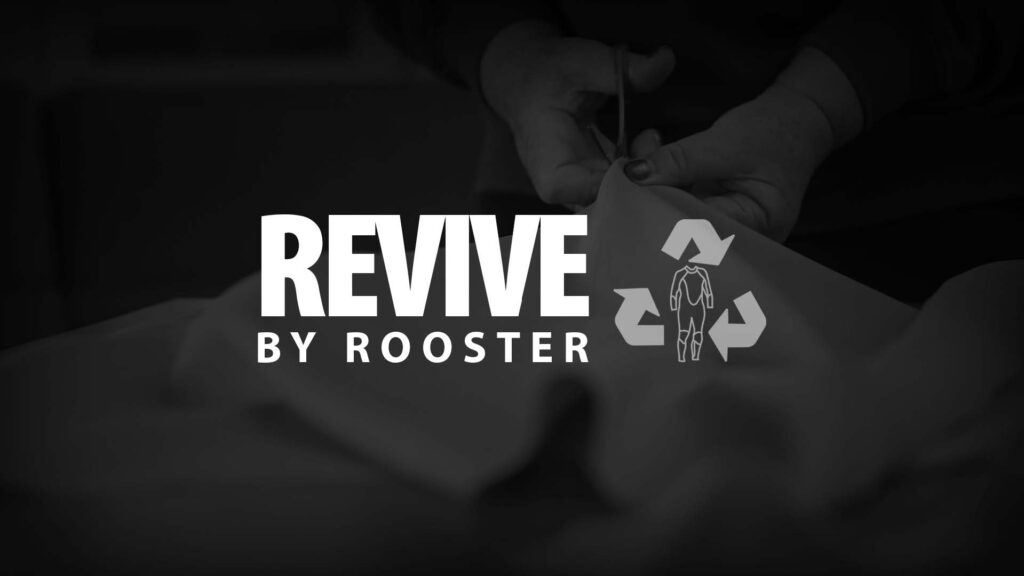Today (21 April 2021), work on England’s largest seagrass planting effort is taking place in Plymouth Sound National Marine Park.
It is estimated that the UK may have lost up to 92 per cent of its seagrass. Factors including wasting disease, pollution and physical disturbance have been identified as contributing causes. Seagrass meadows provide homes for juvenile fish and protected creatures like seahorses and stalked jellyfish. Seagrass also has an integral role in stabilising the seabed, cleaning the surrounding seawater and capturing and storing significant amounts of carbon.
A total of 16,000 seagrass seed bags and 2,200 seedling bags are being planted as part of the LIFE Recreation ReMEDIES project being led by Natural England to help support and improve the resilience of our marine environment. The planting is being carried out this month by project partner the Ocean Conservation Trust.

Photo Credit: OCT
ReMEDIES is funded by the EU LIFE programme and led by Natural England in partnership with Ocean Conservation Trust (OCT), Marine Conservation Society, Royal Yachting Association and Plymouth City Council/Tamar Estuaries Consultative Forum. The four-year project aims to plant a total of eight hectares of seagrass meadows – four hectares in Plymouth Sound and four hectares in the Solent Maritime Special Area of Conservation.
The seagrass seeds have been bagged at the National Marine Aquarium in Plymouth by Aquarium and OCT staff, as well as volunteers. Seedlings have been growing in the Aquarium’s special seagrass laboratory since January.

Mark Parry, Development Officer at Ocean Conservation Trust, said:
“Our first successful planting effort is only possible because of all the hard work of the partners in the LIFE ReMEDIES project. These events have taken over 12 months of planning and include a combination of volunteers who have visited the National Marine Aquarium creating our planting units and our dive volunteers. This truly is a community effort. It is incredible to see the support from local communities supporting habitats for our animal coastal communities, a very proud moment.”

Photo credit: OCT
Seagrass is delicate and can be damaged by activities such as the anchoring, mooring and launching of leisure boats, as well as other shore- and water-based activities. That’s why, in addition to planting new seagrass meadows, ReMEDIES is working to protect existing ones by helping recreational users to minimise impacts on these sensitive habitats.
Natural England and ReMEDIES partners plan to extend the benefits of this work beyond the UK to assist with international marine recovery efforts. Techniques and evidence gathered will be captured and shared with marine conservation organisations across Europe to allow them to learn from and replicate the work.
Find out more about LIFE Recreation ReMEDIES by following the project on Twitter, Instagram and Facebook: @EULIFERemedies, or by visiting www.saveourseabed.co.uk.




